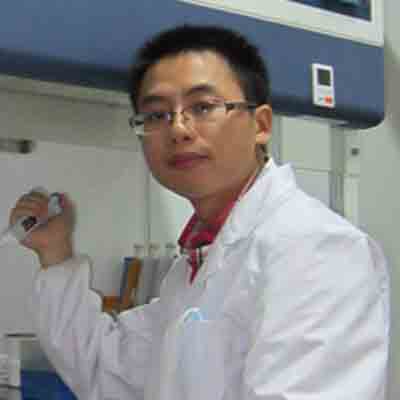Dr. Fengyang Chen
Associate ProfessorHangzhou Medical College, China
Highest Degree
Ph.D. in Veterinary Medicine from Zhejiang University, China
Share this Profile
Highest Degree
Ph.D. in Veterinary Medicine from Zhejiang University, China
Share this Profile
